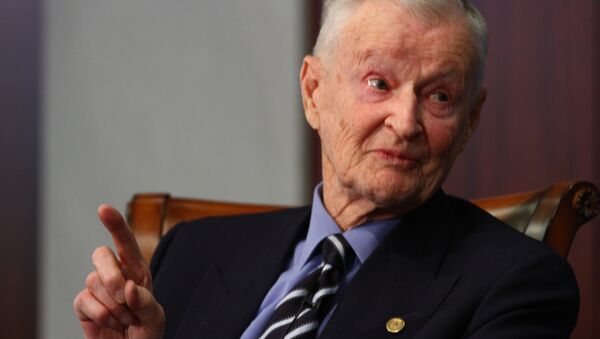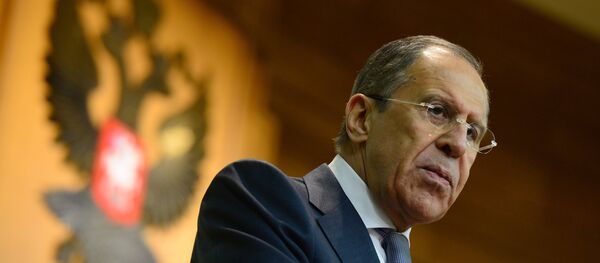“We [the United States] should try to avoid universalizing the current conflict in Europe into a worldwide collision with Russia,” Brzezinski told members of the US Senate.
“It is both in America’s and in Russia’s interest that the escalating violence in the Middle East does not get out of hand.”
While advocating increased collaboration between the United States, Russia, as well as China over enhancing stability in the Middle East, Brzezinski emphatically encouraged the United States and NATO to take steps toward “enhancing regional deterrence” in Europe.
Specifically, he called for “prompt prepositioning of US-NATO military equipment” in Poland, and noted that such deployments would not be threatening to Russia “because of their limited scale.”
Russian Foreign Minister Sergei Lavrov stated in his year-end address earlier that the United States and Russia should return to constructive bilateral discussions, as well as “mutual activities” on a world stage.
Recent reports from the US State Department have cited increased areas of US-Russian cooperation against the threat of the Islamic State in Iraq and Syria. The two countries continue to work closely together toward negotiating a nuclear deal with Iran, and in recent years have engaged in constructive actions to eliminate chemical weapons in Syria.


